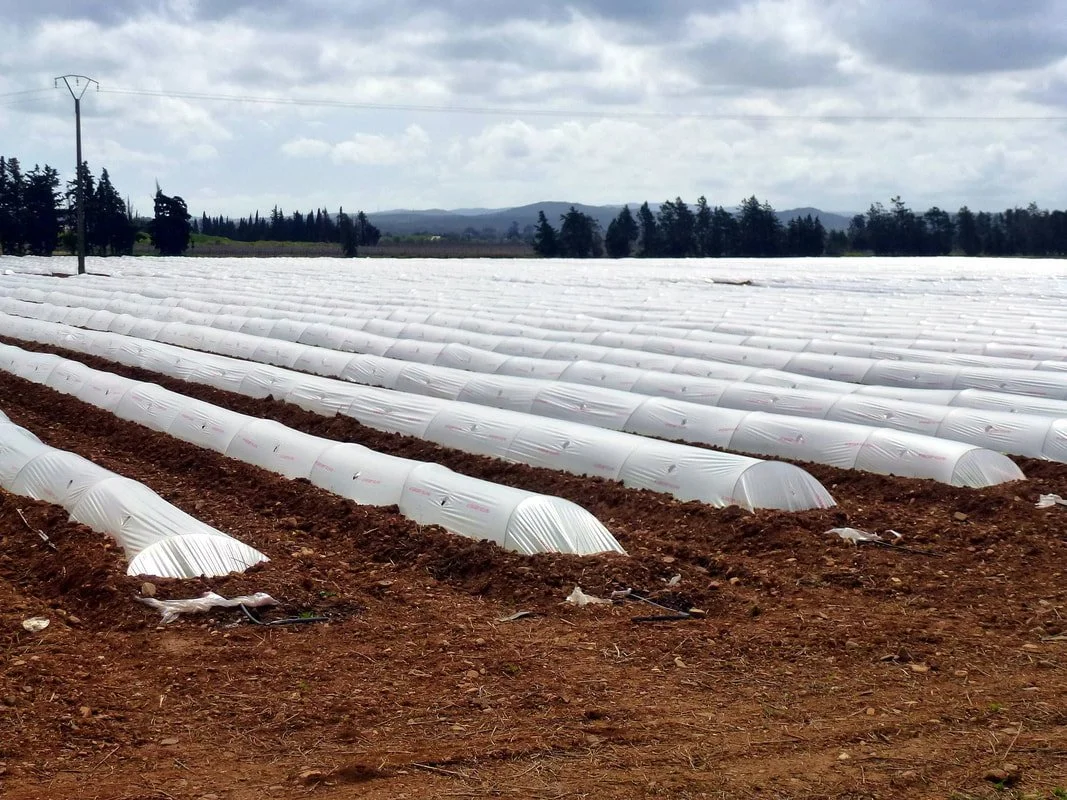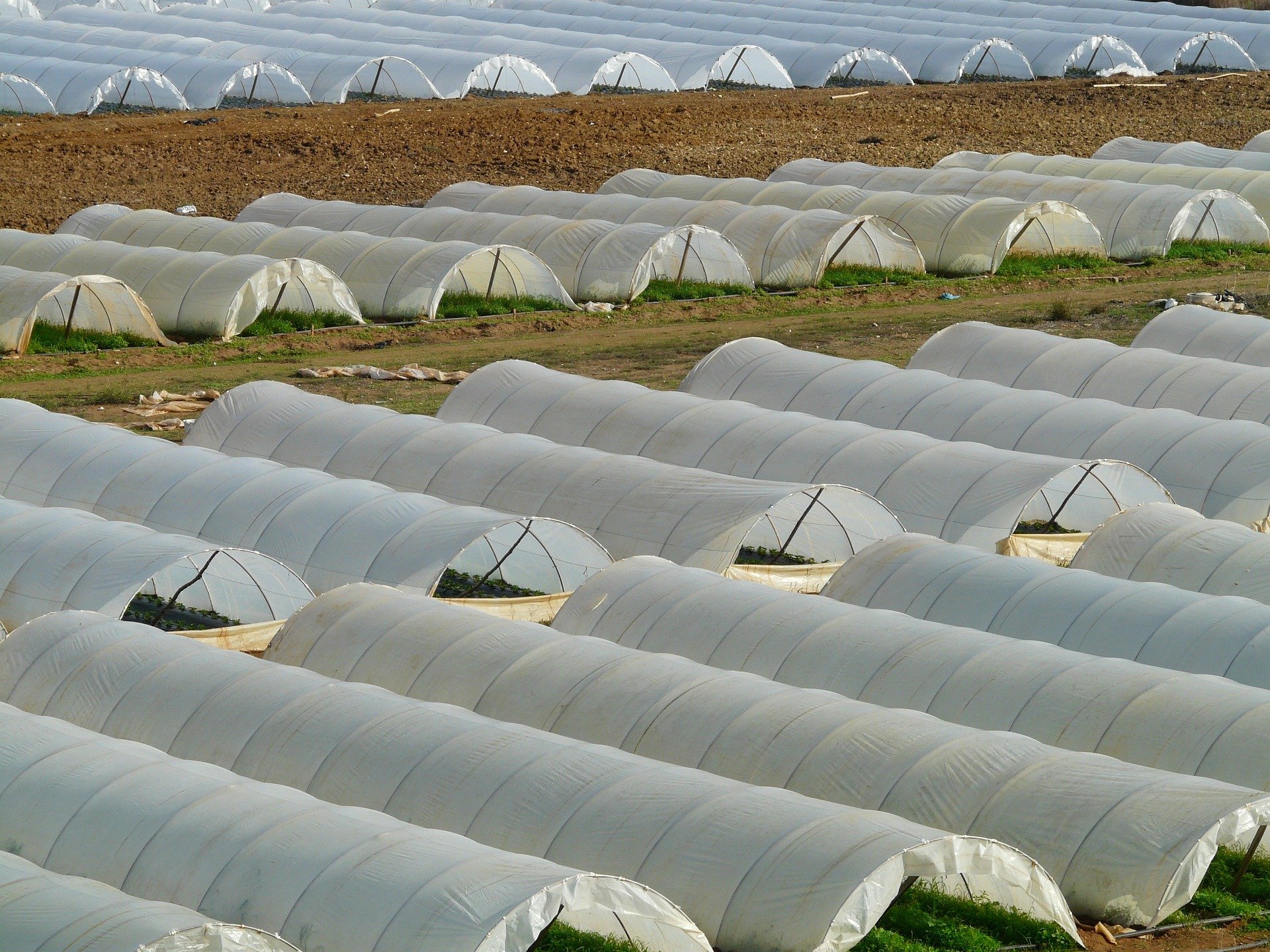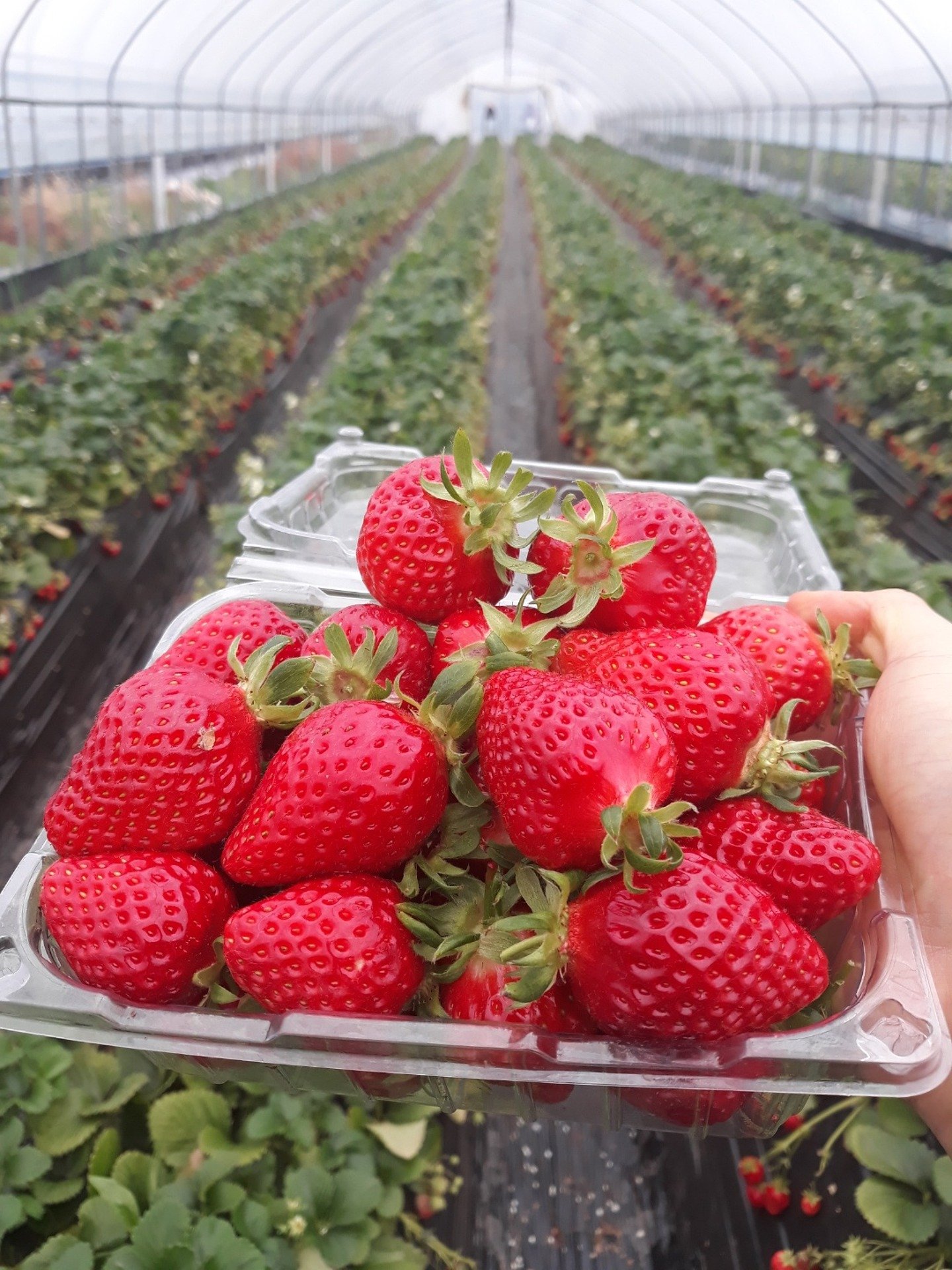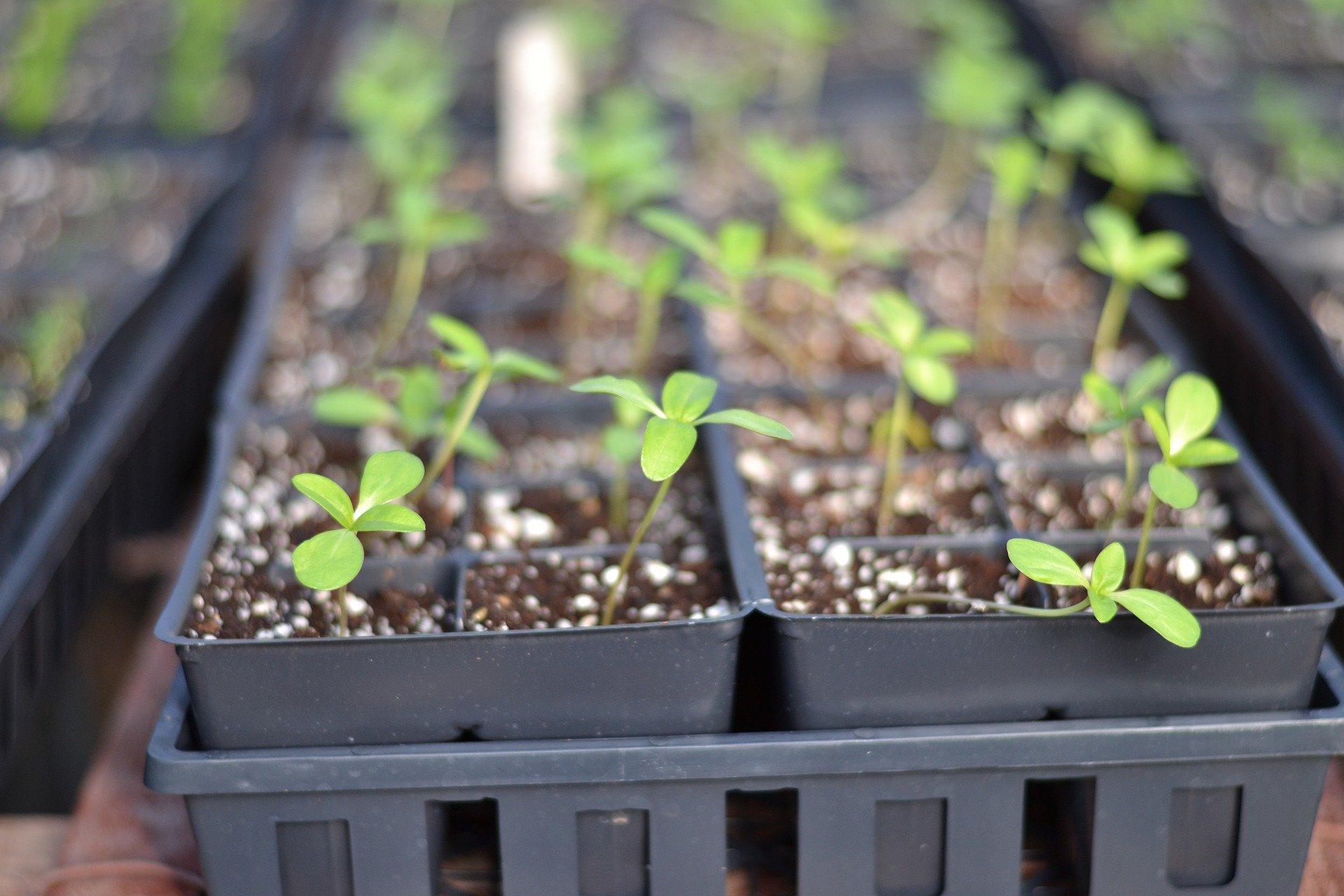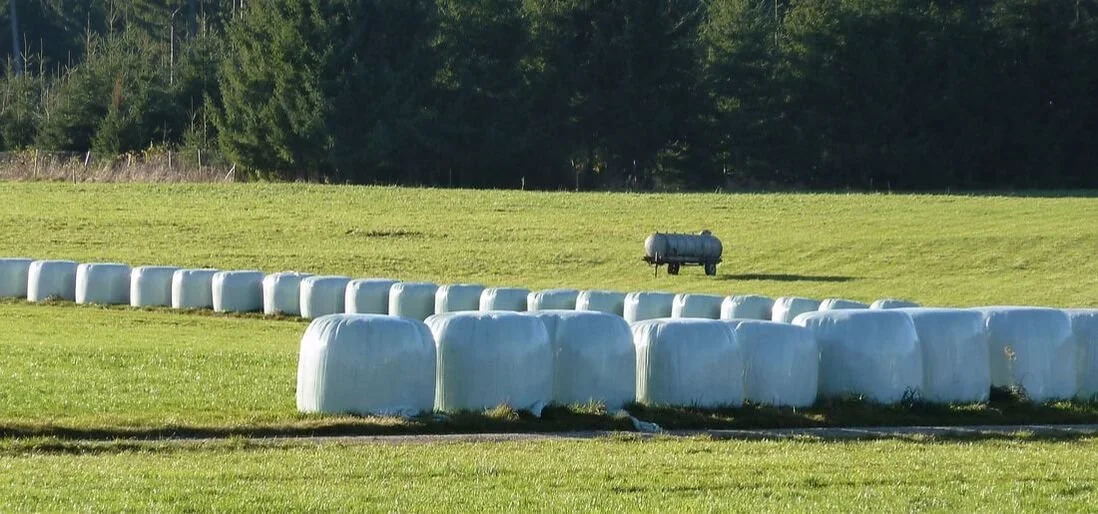THE CONVENIENCE OUT OF THE INCONVENIENCE.
Gardening and local box schemes VS recent supermarket shortages...
and a growing wave of consumers having enough of single-use plastic and ever-increasing cost of living.
Supermarket chains are to consumers and the environment what glyphosate is to nature.
IT IS UNDENIABLE!
Supermarkets have created a worldwide environmental problem, creating a demand for the manufacture of many toxic chemicals that enter every single stage of the food chain, from drenching the soil with pesticides and synthetic fertilisers and other petrochemical derivatives to the thousands of additives (e.g. preservatives, flavourings, colouring, texturising agents, laboratory-made vitamins, minerals and enzymes, catalysers, gelling agents, solvents, propellants (incl. liquefied gases), and anti-caking agents) and non-intentionally added chemicals found in the final food (e.g. heavy metals, BPA, phthalates and many more), and the millions of tonnes of plastic polluting every corner of the world.
Non-intentionally added substances (NIAS) refer to chemical compounds that, although not purposefully incorporated during production, end up in materials that may come into contact with food, such as packaging, containers, or processing equipment. These substances can pose potential safety risks to consumers, making their identification and control critical in ensuring food safety.
Impurities:
NIAS can originate as impurities in the raw materials or additives used during production. These are unintended by-products that sneak in due to imperfections in the sourcing or production processes.
Heavy Metals: Trace amounts of metals like lead, cadmium, or arsenic are found in pigments or dyes used in packaging materials. Many of these toxic compounds are also present in large quantities in synthetic (petrochemical) fertilisers and contaminate grains and plants (e.g., rice is known to contain high concentrations of arsenic).
Residual Monomers: include styrene in polystyrene or vinyl chloride in PVC, which can remain in the final product and migrate into food.
Pesticide Residues: Impurities from raw materials, particularly if sourced from agricultural products, can introduce pesticide residues into the food and packaging materials.
Degradation:
Over time, the materials used for packaging or food containers may degrade, leading to the formation of NIAS. This degradation could result from exposure to heat, moisture, or light, causing the breakdown of the packaging material and unwanted compounds entering the food products. (e.g., water, olive oil and vinegar sold in plastic bottles)
Irradiation:
Food packaging materials sometimes undergo irradiation treatments to sterilise or extend shelf life. This process can lead to the formation of new chemical compounds, including NIAS, which can migrate into the food.
Contaminants:
During production, contaminants from the manufacturing environment, such as cleaning agents, lubricants, or airborne substances, can come into contact with materials and introduce NIAS. This also includes pests, faeces (yes, there is a maximum acceptable level of faeces in ultra-processed food products), machinery pieces and heavy metals.
Uncontrolled Reactions:
Chemical reactions between raw materials or additives may occur unintentionally during manufacturing, creating unexpected by-products classified as NIAS.
According to recent reports, single-use plastic cannot be avoided because supermarket chains are so hungry for it. At the same time, it is the biggest contributor to single-use plastic and the environmental disaster it represents.
Grace Browne wrote in an article for the BBC:
"Plastic used on farms is typically difficult and expensive to recycle because it becomes contaminated with soil, pesticides and fertilisers. These contaminants can amount to up to 50% of the total weight of the material collected for recycling, making the process costly and inefficient. If agri-plastic can’t be recycled, the only options for disposing of it are to burn it, bury it, or to send it to landfill." She adds: "Plastic is omnipresent on farms. It is used to wrap silage, to cover crops, in tubing for irrigation and to transport feed and fertiliser. According to a 2010 report from the Department for Environment, Food and Rural Affairs (Defra), 45,000 tonnes of agricultural plastics are produced every year in the UK."
Data extracted from a Defra report dating back to 2009 confirms that: "Each year 45,000 tonnes of NPAP [non-packaging agricultural plastics], such as silage wrap fleece plant jackets, mulch film and polytunnel and horticultural covers, is sold in the UK. Once used it creates around 85,000 tonnes of waste plastic."[1]
We can expect plastic use and waste to increase exponentially, and tonne after tonne of plastic waste is sent to landfills, polluting the environment, or sent to incinerators, releasing some of the most toxic substances into the atmosphere.
“45,000 tonnes of agricultural plastics are produced every year in the UK... Once used it creates around 85,000 tonnes of waste plastic.”
Plastic here… plastic there… plastic EVERYWHERE!
“Plastic used on farms [...] becomes contaminated with soil, pesticides and fertilisers. These contaminants can amount to up to 50% of the total weight of the material collected for recycling,”
A KPMG report says that if the growth of plastic production continues at the current rate, the plastic industry could account for 20% of the world’s total oil consumption by 2050.[2]
It is also stated that 40% (around 9 million tonnes) of all food packaging ends up in landfills[3] and that only 14% of all plastic packaging is collected for recycling.[4] The biggest part of the problem is that the scale of single-use plastic is astronomical and often fails to be collected or recycled, mostly because people don’t know what type of plastic can be recycled and place highly contaminated packaging in their recyclable waste. Many local authorities do not even provide separate recyclable bins, so mixed recyclable waste is mostly sent to landfills or incinerated because it is so contaminated, it cannot be recycled.[5,6]
Plastic-wrapped pesticide-drenched hay
“Mixed recyclable waste is usually sent to landfill or incinerated because it’s so contaminated, it cannot be recycled.”
These are quite strong cases against supermarkets and their impact on “unnatural” CO2 emissions, plastic pollution, and their extremely questionable reliance on the petroleum industry, and blackmailing farmers to sell their goods at unfairly low prices (Tesco, for example, was found to intimidate farmers to sell their good on the cheap or go extinct). These practices are used by all of the biggest chains of supermarkets. How would you otherwise expect to buy a piece of broccoli for just a few pennies and a chicken for £4?
Have you heard lately of farmers saying they got a fair deal from their buyers (the supermarkets, including Waitrose or Wholefoods)?
I believe it has never been the case... Ever.
While the sounds-so-great-but-does-so-little FairTrade label has tricked millions of consumers into believing their purchases lead to a greater share given to farmers or small producers on the other side of the globe. The truth is, whatever you believe, the farmers or cooperatives are not getting a fair deal — and many companies are not doing enough.
Some multi-billion pound companies claim to help build schools and other facilities, but that’s a drop in an ocean of wealth. Sure, they could do nothing and increase their margins, but they wouldn't be able to stick that so-called label of trust, that "believe me, I care" Fairtrade label.
“Have you heard lately of farmers saying they got a fair deal from their buyers (the supermarkets)? ”
Think about it.
Think about how your shopping habits are shaping the world of today.
While “conspiracy theories” have inundated the internet since the beginning of the plandemic, scared people started to avoid public places and stayed indoors. For those who ventured outside, hours-long queues at supermarkets and food shortages (with miles of empty shelves — even toilet paper became gold) made it impossible to get provisions.
It was so bad that supermarkets would allow customers to only buy a maximum of 3 the same items. They had to create slots for the most unfortunate, like the elderly and disabled people.
But whatever supermarkets tried to do, it was not helpful. A single women of 90 years old would have to be at the supermarket door by 8 am to be allowed the freedom of grocery shopping.
I have to be fair, somehow. In the UK, we are extremely lucky for the way many shops operate. There is not one store today that does not deliver. Some online grocery stores deliver within 2-4 hours of ordering. This is convenience.
But, did you know that supermarkets in France, for example, are still — unashamedly — not offering deliveries? You have to go to their pick-up point, a system identical to the junk food outlet drive-thru. You order online and go collect. So, instead of one van delivering dozens of households, EACH household drives to the supermarket to shop or collect (not knowing about quality or expiring date).
SO WHAT HAPPENED SINCE THE BEGINNING OF 2020 WORTH TALKING ABOUT?
The rise of the food box schemes and a shorter food chain.
How amazing that farmers and cooperatives have jumped on the wagon and are now offering — and delivering their produce directly to our doors — fresh and in-season fruits and vegetables. Even ethical meat platforms have exploded online.
Why would we go back to supermarkets when we have convenience, better food and fairer prices? Because the middlemen are cut out, the price we pay for our food boxes goes directly to the farmers.
Farmers, then, don’t need to cut corners to survive. They can once again care for their labour and their animals — indirectly reducing the ever-increasing number of suicides because they can no longer handle the supermarket dictatorship.
Dr Phil, the technical officer of the British Tomato Growers’ Association told the BBC in a recent report.
“There has been an upsurge in local box schemes, producers supplying their local market and direct sales to houses...Though it’s not currently very profitable [for the food producer], it looks like consumers and producers might have formed that habit now.”
This is good news, right? Well, to me it is.
My brand has always been about helping people reconnect with food and enjoy real, fresh whole foods as part of a healthy balanced diet.
What could be better than buying directly from the producers?
To me, nothing…
Visiting farms and seeing first-hand how they care for the land and animals could not be a better selling point. Did you know that most farms organise tours of their premises?
Well, if you haven't done so yet, I urge you to visit the grounds of your favourite farms.
It is abherant that when asked where milk comes from, some people answer: “the supermarket shelf...”, having no idea where milk comes from, let alone from a cow.
But, this is what we have become. Ignorant and unwilling to find the truth, because it requires effort (too little effort is too much effort), all the while, all that we are offered — and now expect — is effortless convenience.
Liz Bowles, Associate Director for Farming and Land Use at the Soil Association, also recognises the potential for change.
“There’s a huge opportunity to think about what food looks like, not only the cost of it, but what goes into it, how it’s produced and what impact it’s having on our climate, the health of our consumers and nature.” She adds: "I think a lot of people are feeling more connected to food and really thinking about where it comes from.
“Perhaps a shorter supply chain is better – and would help to alleviate any potential food shortages if there was another [lockdown]. If you have a really long food supply chain and one part of it goes wrong, it’s hard to reconfigure all of that.”
“This is what we have become. Ignorant and unwilling to find the truth, because it requires too much effort, all the while, all that we are offered — and now expect — is effortless convenience.”
The good news with changing consumer habits is that we should see a shorter food chain — fewer middlemen involved — and, I sincerely hope that more and more people will catch on and never go back to shopping the old way.
Let’s wave goodbye to the supermarkets and what they represent: pure capitalism, waste and disrespect toward human, nature and the world as it is, by being the biggest contributors of land pollution and the disappearance of top soil, the emptying of the sea resources and proposing alternatives that are so much worse, and replacing fish by plastic bags and microplastic, of which many of the personal care products they sell are full of.
Another growing trend is gardening. Many people prefer to spend their time in their garden, or balconies, instead to face police because they should not be in park enjoying the sun and socialising with their friends and family.
This has led to many people enjoying good food straight from their little patch. No matter how big or small, it is enough to sensibilise people about food and waste and to know where food comes from whenever they have to source from someone else.
Isn’t it time to put an end to the supermarkets’ reign?
I believe there is no better time to stand our ground and reduce our reliance on supermarkets.
Why?
if there is no demand, then the multi-billion pound food industry will cease to produce additive-laden and poorly nutritious foodstuff, the petrochemical industry will stop producing single-use plastic, and the local authorities will worry less about sending million of tonnes of plastic waste to landfill or incinerators (all the while polluting rivers and oceans, and our drinking system and the air we breathe) as well as the unpunished food waste all along the food chain will be dramatically reduced, providing more than enough food to feed the world and more.
Sources:
https://ecommons.cornell.edu/bitstream/handle/1813/47656/Recycling-Agricultural-Plastics-in-NYS.pdf?sequence=2&isAllowed=y
https://www.nutrunity.com/updates/supermarkets-ruined-everything
https://www.exquisiteprivatechef.co.uk/its-all-about-food/food-waste
1. https://www.gov.uk/government/news/summary-of-responses-to-consultation-on-proposals-on-non-packaging-agricultural-plastics-published
2. https://assets.kpmg/content/dam/kpmg/uk/pdf/2019/06/to-ban-or-not-to-ban-v6.pdf
3. Guillard, V., Gaucel, S., Fornaciari, C., Angellier-Coussy, H., Buche, P., & Gontard, N. (2018). The Next Generation of Sustainable Food Packaging to Preserve Our Environment in a Circular Economy Context. Frontiers in nutrition, 5, 121. https://doi.org/10.3389/fnut.2018.00121
4. https://rethink.ft.com/articles/addiction-to-plastic/?utm_source=FT&utm_medium=editorial_backfill
5. https://www.nutrunity.com/eco-blog/war-on-pointless-plastic
6. https://theconversation.com/why-cant-all-plastic-waste-be-recycled-100857

